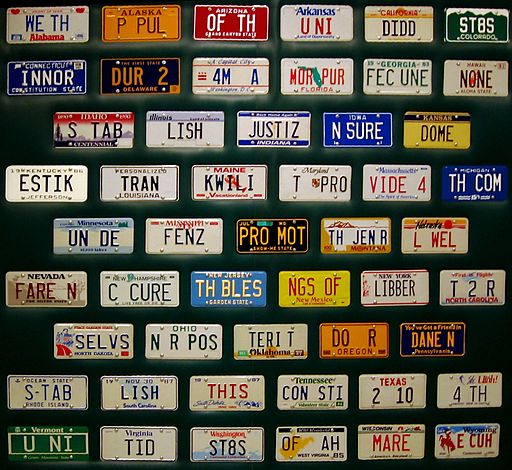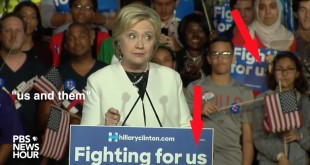From time-to-time at ThoughtWidget.com we will discuss the state of American democracy and the threats that it faces. As the groundwork for those discussions, please see our definition of the 4 most critical elements of American democracy. Note that these are not the only important elements, but they are the most critical.
- Free and Fair Elections
Free and fair means, in short, open to all citizens and not corrupt. Most would agree that we have this currently. It is arguable that the amount of money flowing into the process of campaigning for office has corrupted that process, but that doesn’t bear directly on the actual process of voting. There have not been many valid claims of voter suppression or vote rigging and they have been very small in scale. So, this one is not in much danger at the moment.
- Free and Independent Press
Free and independent means not restrained, owned, or controlled by the government. Our body of news reporting entities is so large and so diverse, it would be difficult to argue that it is not free and independent, in spite of the fact that there are symbiotic relationships between politicians, businesses, and news organizations. What the news organizations do with this freedom is very often irresponsible and, frankly, embarrassing. The top priority of many news outlets is to move their audience from one crisis/controversy to the next in pursuit of viewers/subscriptions/clicks. However, there are enough sources of news that one can get some semblance of an understanding of reality with a little effort.
- Rule of Law
Rule of law means, in short, the law applies to everyone equally and cannot be disregarded for political reasons or expediency. The basis for all US law is the Constitution of the United States and its amendments. Recent actions by the executive branch of the US government and decisions by the Supreme Court of the United States show that the rule of law is being dangerously eroded, especially at the federal level.
- Freedom of Speech
Freedom of speech means being able to state any opinion, privately and publicly, on any topic. Notable exceptions include speech that is libelous, threatening, or a threat to public safety (e.g. yelling “fire” in a theater). Freedom of speech does not mean that there cannot be consequences to publicly stated opinions (e.g. criticism), but the climate with regard to unpopular opinions has been become so hostile, that freedom of speech should be considered in some danger.
 Thought Widget get learnt
Thought Widget get learnt




